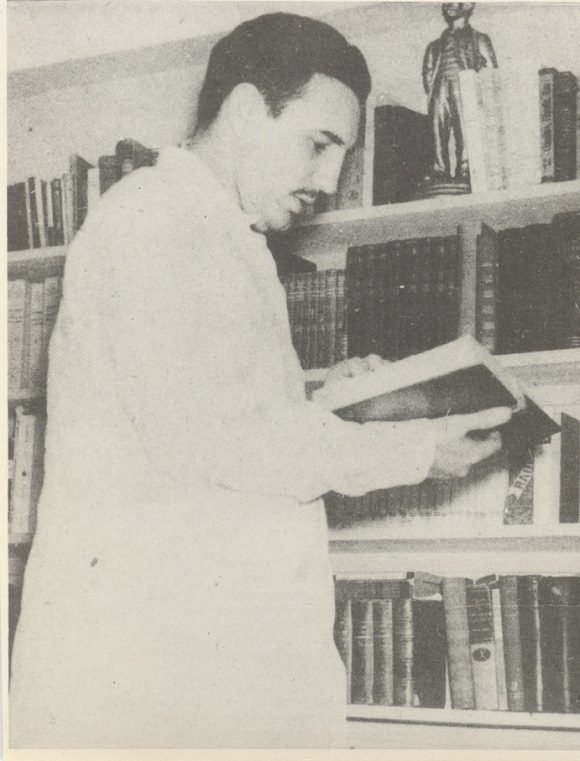
Fidel Castro: Lawyer, speaker and revolutionary.
Fidel Castro Ruz, a central figure in the Cuban Revolution, forged his political thinking from the law classrooms of the University of Havana, where he graduated as a Doctor of Civil Law in 1950(in duality) with his legal training, complemented by studies in Diplomatic Law and Social Sciences, not only provided him with legal tools, but deepened his awareness of Cuba's structural inequalities. His thesis critically analyzed the island's legislative system, laying the groundwork for what would later be its revolutionary project. After graduating, he served in the Azpiazo-Castro-Resende Bufete, where he mainly defended peasants and workers, prioritizing social justice over profit. These cases, which included land disputes and allegations of land abuses, consolidated their vision that the legal system was an instrument in the service of the elites.
However, it was his oratory capacity that catapulted him as an undisputed leader. He mastered the art of the word in a charismatic, theatrical and deeply persuasive style. His speeches, often improvised and hours long, combined historical quotes (like those of José Martí). A paradigmatic example was his self-defense plea during the trial for the assault on the Moncada HQ (1953), where he transformed the court stand into a revolutionary rostrum. In an improvised court inside the Saturnino Lora Hospital in Santiago de Cuba, the leader of the Revolution delivered his famous speech "History will absolve me," a socio-economic analysis of Cuba that denounced the latifund, unemployment and lack of access to education and health. Although he originally spoke for about two hours, the text published later (extended by him in prison) became the programmatic manifesto of the Revolution.
The Moncada trial was the only legal process in which Castro was formally charged. Sentenced to 15 years in prison for "sedition," his imprisonment at the Model Presidio de Isla de Pinos lasted only 22 months, thanks to an amnesty in 1955 that forced him into exile in Mexico. After the 1959 revolutionary triumph, his role changed radically: from accused to architect of a new judicial system.
From power, he pushed for legal reforms that redistributed land, nationalized industries and guaranteed universal access to education and health, always supported by his ability to mobilize the masses through epic speeches, such as his 7-hour speech in 1959 or his iconic appearance at the UN in 2000, where he mocked the time limit with a handkerchief over the light of the podium, demonstrating that his word, like his revolution, did not accept imposed limits.
Thus, the triad of lawyer, speaker and revolutionary defined Castro: he used laws to question the system, the words to inspire a people, and armed action to transform a nation. His legacy, controversial and unquestionably influential, remains a unique case where law and rhetoric merged with the political struggle.
FidelForever
